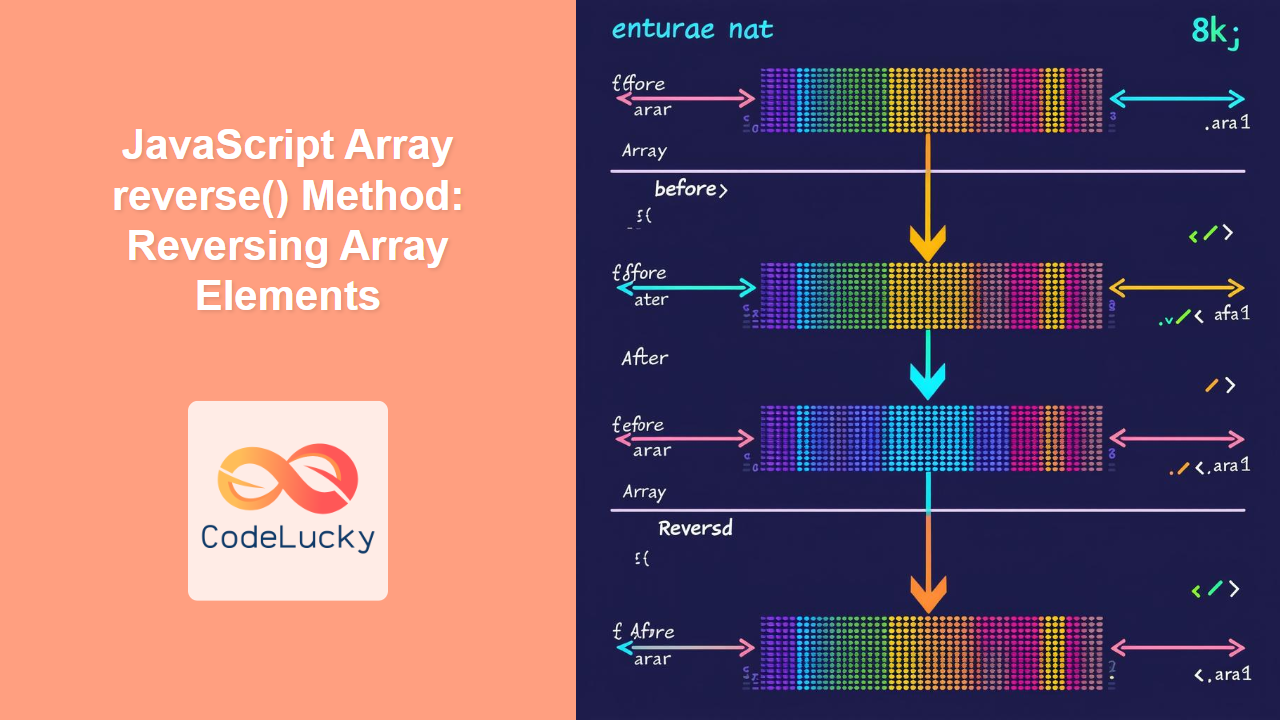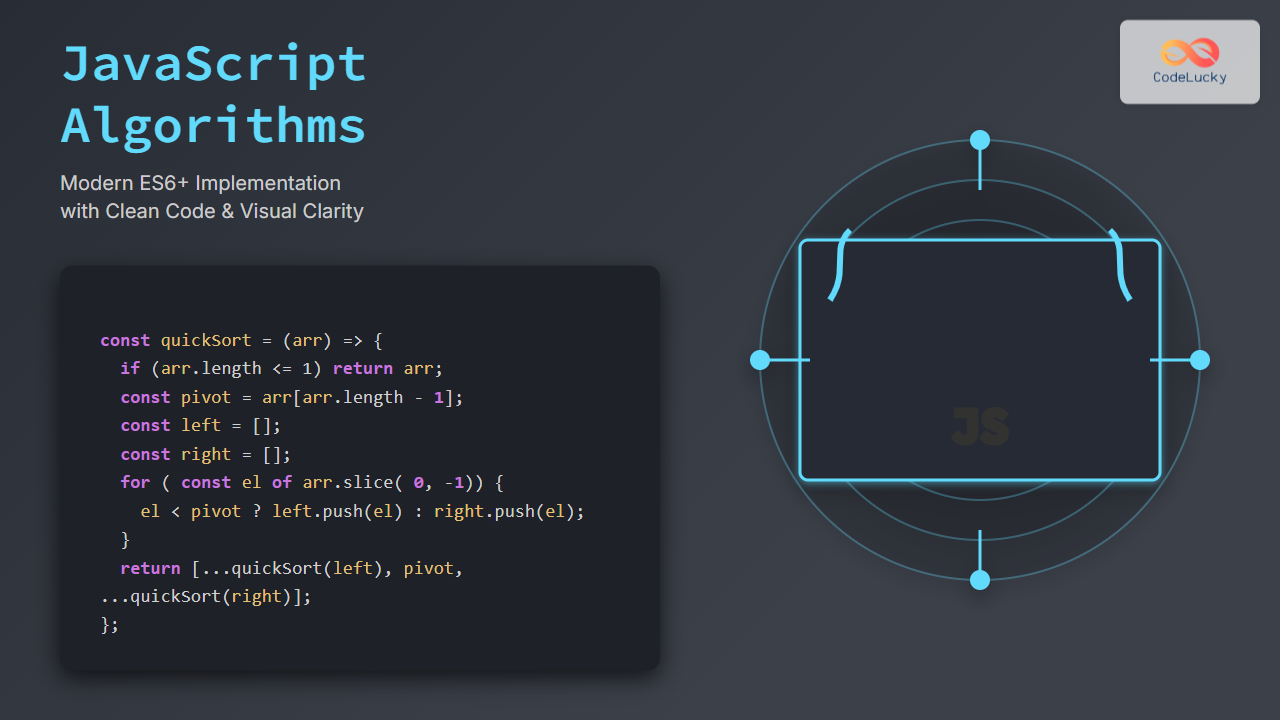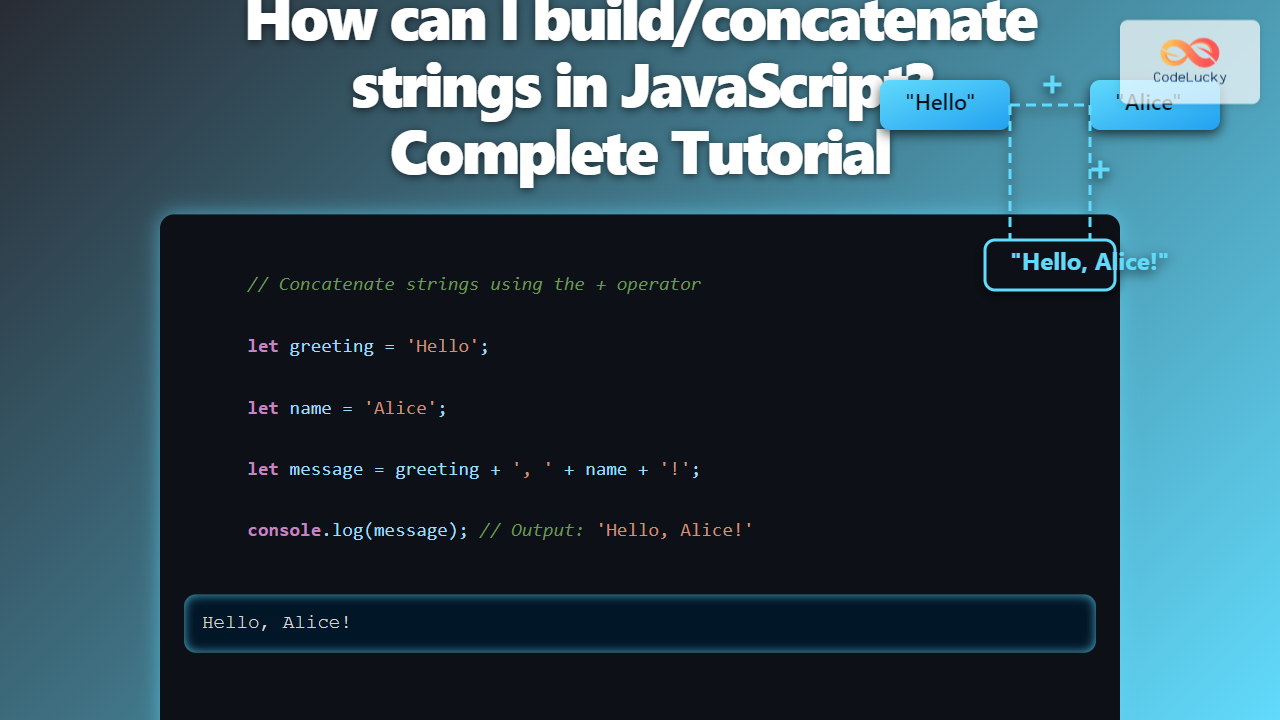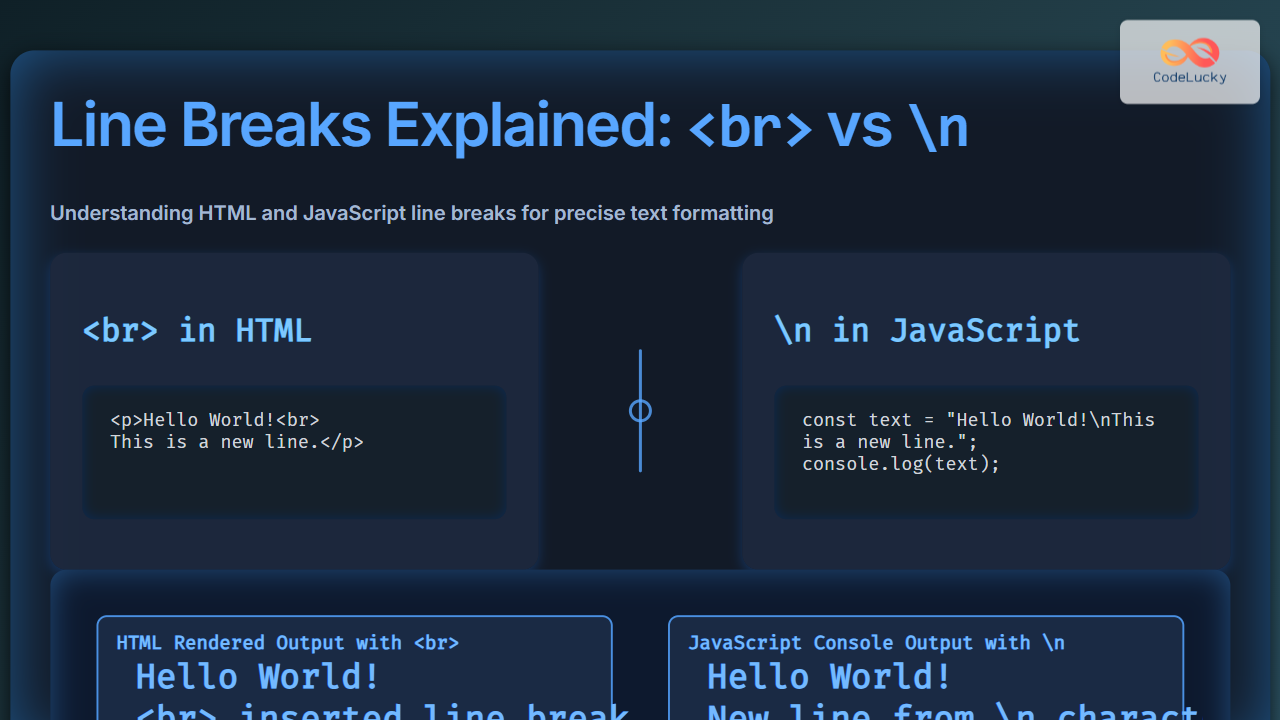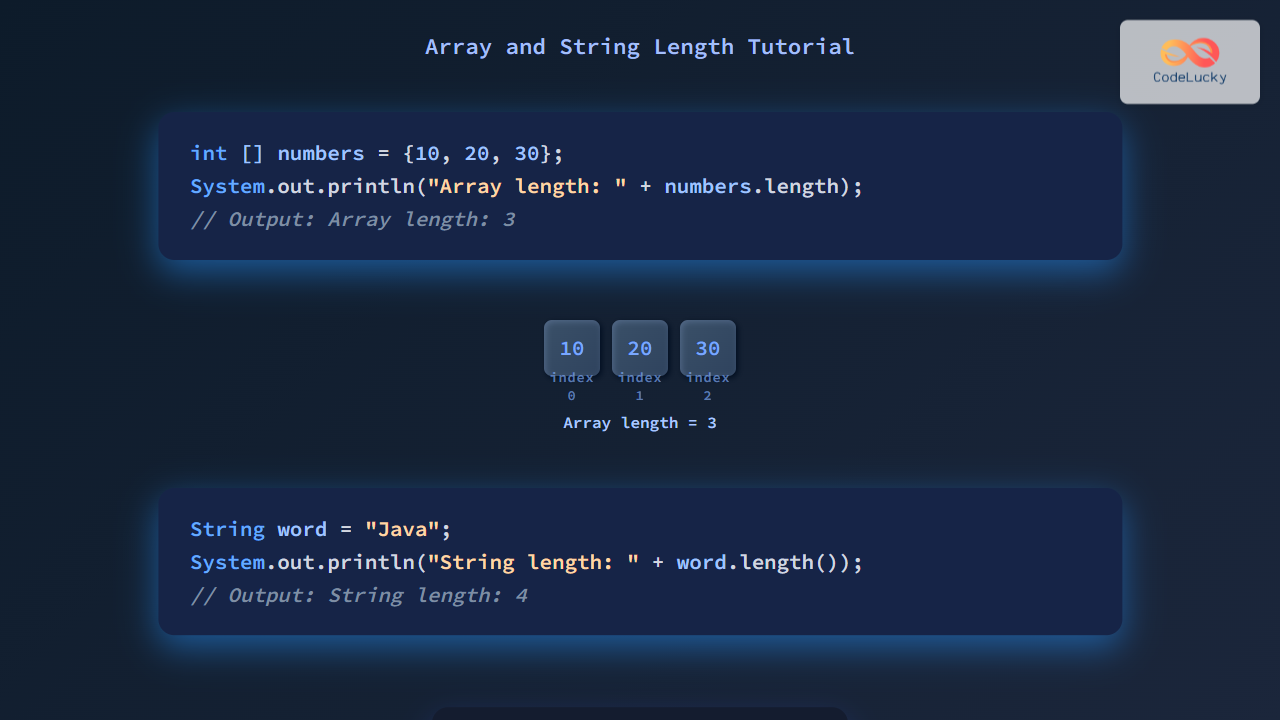Understanding the JavaScript Array reverse() Method
The reverse() method in JavaScript is a built-in function that modifies an array by reversing the order of its elements. The first element becomes the last, and the last element becomes the first. This method directly alters the original array.
Purpose of the reverse() Method
The primary purpose of the reverse() method is to:
- Reverse the order of elements in an array.
- Modify the original array directly.
- Provide a simple way to invert the sequence of data.
Syntax
The syntax for the reverse() method is straightforward:
array.reverse()
array: The array you want to reverse.
Parameters
The reverse() method does not accept any parameters. It operates directly on the array it is called upon.
Return Value
The reverse() method returns the modified array with the elements reversed.
Examples
Let’s explore some practical examples to understand how the reverse() method works.
Basic Example
const fruits = ["apple", "banana", "orange"];
const reversedFruits = fruits.reverse();
console.log(fruits); // Output: ["orange", "banana", "apple"]
console.log(reversedFruits); // Output: ["orange", "banana", "apple"]
In this example, the reverse() method reverses the order of elements in the fruits array. Note that both fruits and reversedFruits point to the same modified array.
Reversing Numbers
const numbers = [1, 2, 3, 4, 5];
const reversedNumbers = numbers.reverse();
console.log(numbers); // Output: [5, 4, 3, 2, 1]
console.log(reversedNumbers); // Output: [5, 4, 3, 2, 1]
Here, the reverse() method reverses the order of numbers in the numbers array.
Reversing Mixed Data Types
const mixedArray = [1, "hello", true, null];
const reversedMixedArray = mixedArray.reverse();
console.log(mixedArray); // Output: [null, true, "hello", 1]
console.log(reversedMixedArray); // Output: [null, true, "hello", 1]
The reverse() method works with arrays containing mixed data types as well.
Reversing an Empty Array
const emptyArray = [];
const reversedEmptyArray = emptyArray.reverse();
console.log(emptyArray); // Output: []
console.log(reversedEmptyArray); // Output: []
Reversing an empty array has no effect, and the array remains empty.
Real-World Applications
The reverse() method is useful in various scenarios:
- Displaying Data in Reverse Order: For example, displaying a list of messages from newest to oldest.
- Algorithm Implementation: Certain algorithms require reversing an array as part of their process.
- String Manipulation: Converting a string to an array and reversing it for palindrome checks or other string operations.
Use Case Example: Reversing a String
Let’s create a function that uses the reverse() method to reverse a string:
function reverseString(str) {
return str.split("").reverse().join("");
}
const originalString = "hello";
const reversedString = reverseString(originalString);
console.log(originalString); // Output: hello
console.log(reversedString); // Output: olleh
In this example, the reverseString function splits the string into an array of characters, reverses the array using the reverse() method, and then joins the characters back into a string.
Example: Sorting in Descending Order
const sortNumbers = [40, 100, 1, 5, 25, 10];
const sortedNumbers = sortNumbers.sort((a, b) => b - a);
console.log(sortNumbers);
console.log(sortedNumbers);
Important Considerations
- Modifies Original Array: The
reverse()method changes the original array. If you need to keep the original array intact, create a copy before reversing.
const originalArray = [1, 2, 3];
const copiedArray = [...originalArray]; // Create a copy
const reversedCopiedArray = copiedArray.reverse();
console.log(originalArray); // Output: [1, 2, 3] (unchanged)
console.log(reversedCopiedArray); // Output: [3, 2, 1]
- Shallow Copy: When dealing with arrays of objects,
reverse()only reverses the order of the references. It does not create new copies of the objects themselves.
Browser Support
The reverse() method is supported by all modern web browsers.
Conclusion
The reverse() method is a simple yet powerful tool for reversing the order of elements in an array. Understanding its behavior and implications, such as modifying the original array, is essential for effective use in JavaScript.

